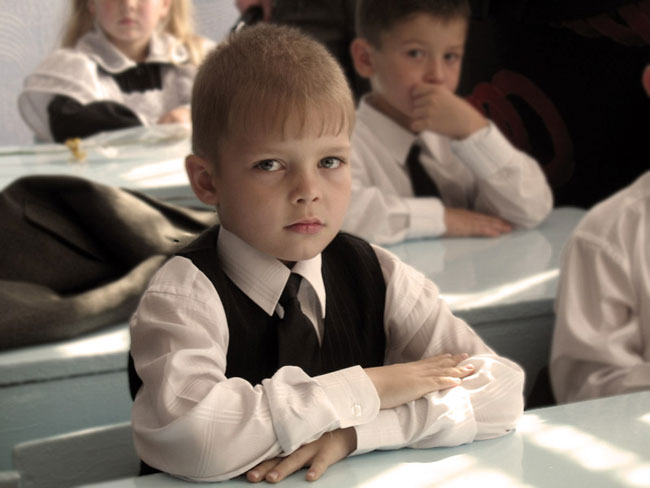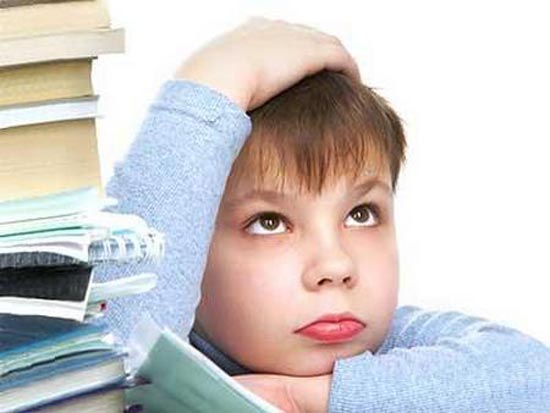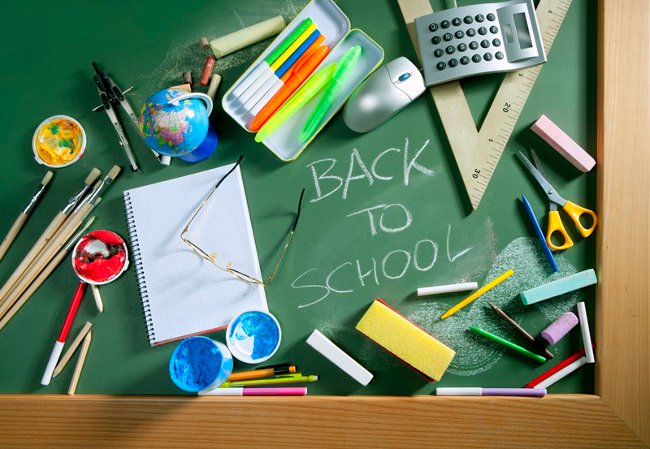Which school to choose?

The question is, which school to choose, parents of future first-graders ask themselves more than once. Will the child like school? Is there a strong "base" near the school? How will the teachers react to the children? More information on how to choose a school, let's talk today in the Land of Soviets.
It's August and the school year is coming soon. Parents of five-six-year-olds think in advance about which school to choose, and try to enroll their children in preparatory courses.
This approach to choosing a school is undoubtedly useful for a child. The future first grader will be able to get to know the teacher more closely, learn more about the school in which he is to study.
Modern schools can be classified on several grounds. So, there are public and private schools,schools of general education and schools profiled (with a bias), gymnasiums, lyceums. Each of these types of schools has its own requirements: somewhere - to knowledge, somewhere - to the parent purse ...
So, let's consider in order the main factors influencing the decision of parents about which school to choose.
Location
School location has always been, is and will be one of the most importantcriteria of its "suitability" for the child. In theory, in each microdistrict there are several schools of general education, in which the child is obliged to take in the place of residence, and the level of the child's preparation does not play a role.
However, in practice, nearby schools either do not suit parents, or on completely illegal grounds refuse to admit a child because they do not have the required knowledge.
Choosing a school based on its location, you should pay attention to such aspects:
- whether it is necessary for a child to cross roads, wastelands, construction sites, etc .;
- whether the child will have to get up much earlier in order to have time to the required time to school;
- will parents be able to take the child to school every day and take him from there.
Tuition Fee
State general education schools are provided free of charge. But, most likely, teaching aids for children, the repair of classrooms will have to pay parents themselves.
In private schools, tuition is paid. Parents pay for the work of teachers, and for the maintenance of swimming pools / dance halls / sports facilities, and for food. All this can lead to a rather tidy sum.
In gymnasiums and lyceums, training is not necessarypaid. In some of them, fees from parents can be levied only for "special" subjects, additional hours of certain disciplines. Plus, there are the same expenses for the school as in ordinary general education schools.
Quality of knowledge
Knowledge is the main thing that a child goes to school for. But knowledge can be different. Public schools offer a standard curriculum, sometimes electives. In lyceums and gymnasiums, the curriculum is more complicated, more attention is paid to the study of core subjects.
In many private schools, the curriculum includes "non-standard" disciplinessuch as ethics, philosophy, rhythm, oratorical art, etc.
There are also so-called experimental schools, in which the learning process is constructed quite differently. In such schools, emphasis is placed on personal development, on the development of the child's creative abilities.
When deciding which school to choose for a child, it is certainly necessary to pay attention to the quality of knowledge that the school gives. But it is important to remember that excessive stress can cause neurotic illness, stress, illness.
Pedagogical composition
In questions about how to choose a school, it is worth paying attention to the teaching staff of the school. It is from the first teacher in many ways depends on whether the child will love school, whether he will like to study there.
Thinking about which school to choose, parents should not be too lazy and get acquainted with the teachers of several "potential" schools. You can interview friends whose children have studied orlearn in these schools, take an interest in reviews about schools on forums on the Internet. It is worth to visit "open days" and independently communicate with teachers.
A good method for assessing the teachers of the chosen schoolis as follows. Parents can come, for example, on the school playground and quietly watch the teachers. Are they engaged with children or are the children left to themselves? How do teachers behave towards children?
Material base
The material basis in the question of how to choose a school plays an important role. Of course, parents want their childhad the opportunity to swim in the pool, engage in a well-equipped sports ground. Schools that promise in-depth study of computer science are inconceivable without a good computer base.
But still parents are often concerned about the levelmaterial security of the school a few on the other hand. Is the repair done in the classrooms? Is the roof leaking? Are the pieces of plaster not threatened by children, ready to be showered from the ceiling? All this is important not only for aesthetic satisfaction, but also, first of all, for the safety and health of the child.
How to choose a school and by what criteria to evaluate it each parent decides for himself. But often the most important criterion is forgotten - the opinion of the child about the school. Sometimes even the most good and "advanced" school the child does not want to go for any mugs: whether to get far, whether the teacher did not like, or afraid to stay in school alone, without friends.
The opinion of the child when choosing a school is extremely important. After all, he will have to visit her day after day. This will be borne by a new burden, the weight of which is too large for small children's shoulders. And this child has to communicate with an "evil" and "nasty" teacher every day, even if she is a three-time winner of the "Teacher of the Year" competition.














